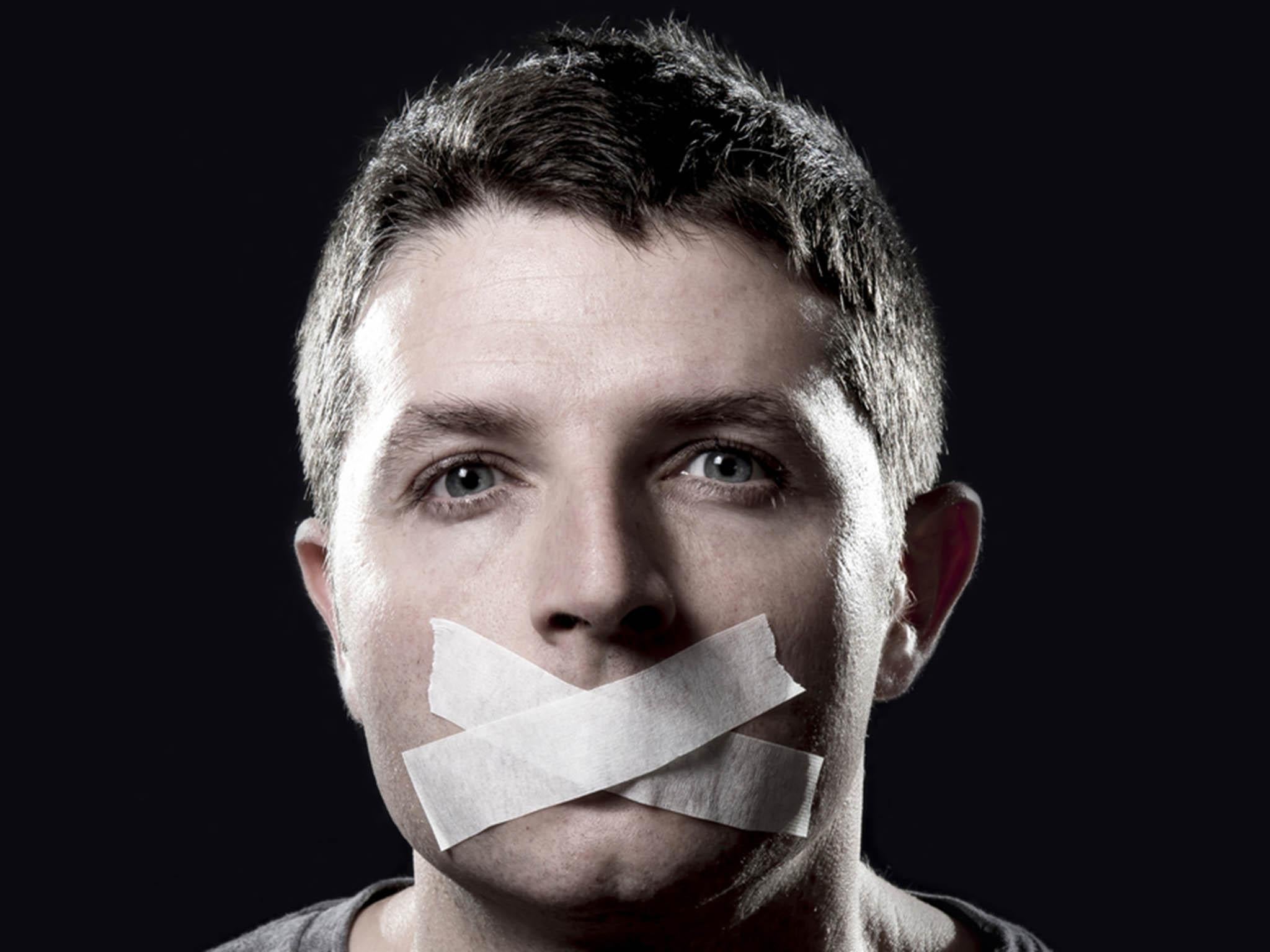Right wingers are creating their own safe spaces – I should know, they banned me from one
Theresa May admonishes university safe spaces, yet put forward a Counter-Extremism Bill that attempts to ban political groups considered 'extremist', which is defined as 'the vocal or active opposition to our fundamental values'. Is speech still free when the Government are tracking your emails?

Be it Trump or Brexit, society fractured into two polarised camps during 2016, and to get a better understanding of this ideological ghettoisation, I picked up Eli Pariser’s book Filter Bubble. It brings to light the invisible revolution in how we consume information online, where the personalisation of our search results reinforces two political parallel universes, and the chasm between “us” and “them” grows ever wider. Pariser’s advice for bursting the bubble? Join groups and “like” pages with which you most disagree.
One of such Facebook groups I joined, "The Young Liberal Society", was bursting at the seams with odes to neoliberalism and the Hayekian utopia of privatisation. A recurring motif was the “cowardice” of the left for its retreat into safe spaces. At times I agreed with the last point. That is, after all, why I joined the group.
A fascinating phenomenon was taking place within the forum. At least half of opening posts included a poll for members to vote on issues with which there was always unwavering consensus. I posted that it seemed ironic to berate safe spaces while these endless polls were only serving to validate existing beliefs by providing a satisfying self-reflection. The group seemed no different to the kind of safe space they apoplectically despised. Immediately, without debate or dialogue, they banned me.
Perhaps they needed a “trigger warning.”
The incident occurred three weeks ago, during which time I wanted to give the group an opportunity to explain. Perhaps most poignant was this interaction, or rather lack of. I contacted one of the administrators, whose Facebook profile photo captions read like a slide-show of homage to free speech, declaring, “Freedom of speech is the ultimate liberal value”, and we should never shun ideas “too dangerous for you to hear.” Nonetheless, despite receiving my polite requests for a comment three times, he gave no response whatsoever, and failed to see the irony.
The right’s ideological bubbles operate similarly to the left – a profound difference being that the former pervades through much of US and UK government spheres.
Theresa May admonishes university safe spaces, yet put forward a Counter-Extremism Bill that attempts to ban political groups considered “extremist”, which is creepily and vaguely defined as “the vocal or active opposition to our fundamental values.” Or take, for instance, the Investigatory Powers Bill, an unleashing of GCHQ on steroids that forces internet companies to log citizens’ web browsing history for 12 months. Security services can hack into our online devices for bulk data collection that the European court of Justice rules “unlawful.”
Is speech still free when the Government are tracking your emails?

Trump supporters flagellate political correctness for dampening expression, while the emperor himself requests media companies to censor unflattering photos of his face. Is it fair to place the blame for polarisation on the left, some of whom wrongly ban individuals from speaking at universities for their views, while Trump and his alt-right clan ban Muslims from entering the country for theirs? I can’t see how freedom of expression was the agenda for Trump’s administration on Wednesday when they placed a gagging order on the Environmental Protection Agency to prevent it updating its social media sites.
One wonders whether you can take the charges against “liberal snowflakes” too sincerely if such attacks are made while cowering behind a giant wall.
It’s undoubtedly unfair to brandish all right-wing thinkers with the alt-right brush, but nor would I want to be associated with the juvenility of some leftist identity politics. If we’re going to play the gutter game of extrapolating extremes, then let’s acknowledge the hermetic bubbles on both sides. Each has their own set of conduct for immunising against panoply of diverse outlooks in order to keep their self-reflecting universe intact.
Update. This article was originally published on Monday 30 January. Shortly afterwards, it was temporarily taken down following a complaint from the Young Liberal Society. Following investigation, The Independent is satisfied that the article should be republished. One change has been to the article to make clear that the person Marcus Nield contacted for information about why his account had been banned is one of several administrators of the group, not the only one. Having asked the YLS numerous questions about this matter The Independent has finally been told that Mr Nield’s account was blocked because it was being operated under a nom-de-plume and without a full-face avatar. No questions were asked of him before the account was banned to confirm that it was pseudonymous. Mr Nield notes that numerous members of the group operate under apparent pseudonyms and without full-face avatars. The Independent has seen evidence that he received several hostile responses from other members to the post about polls described in the article above. It was shortly after these hostile comments were made that his account was blocked. The administrator referred to in the article says he was unable to offer Mr Nield a contemporaneous explanation of why his account had been blocked for technical reasons, though he points out he responded to Mr Nield's initial request for an answer by saying he would "ask the group". 15/2/17
Join our commenting forum
Join thought-provoking conversations, follow other Independent readers and see their replies
Comments
Bookmark popover
Removed from bookmarks